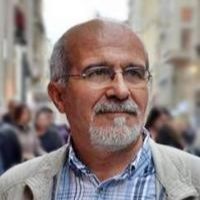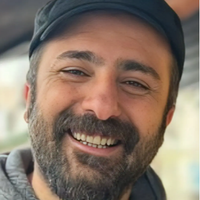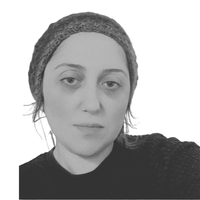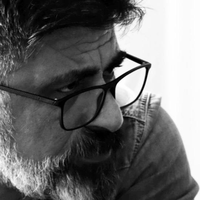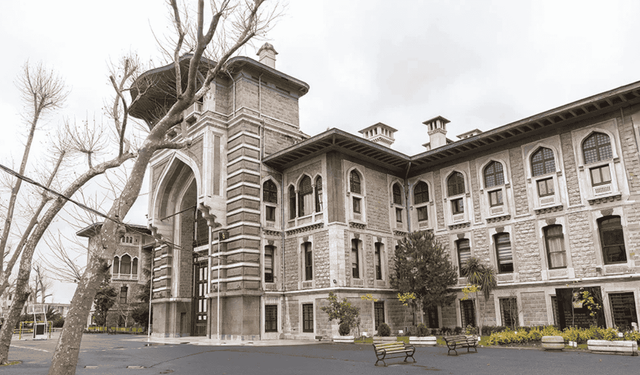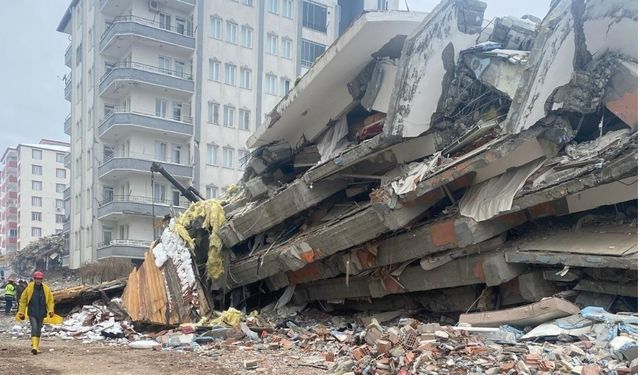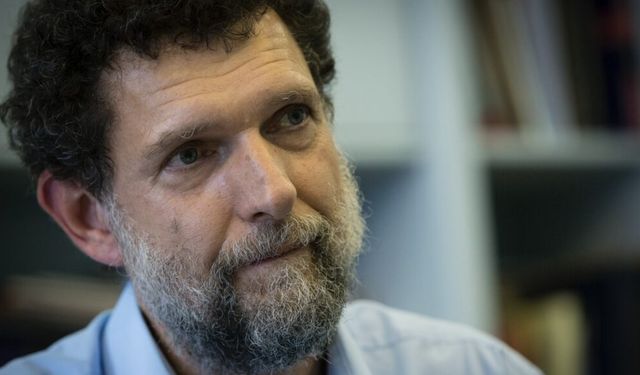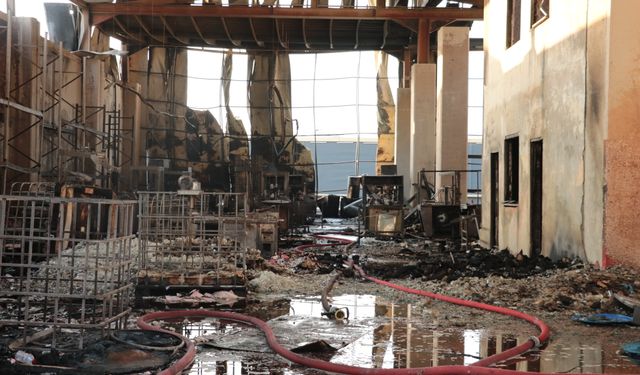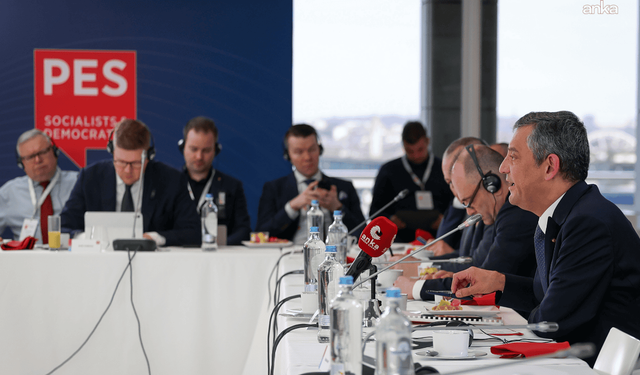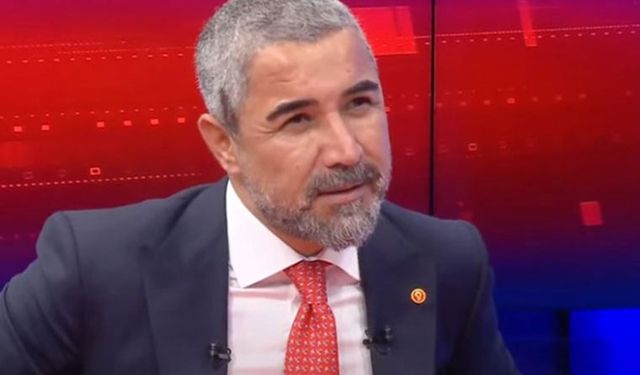After months of tension between the two countries, Ankara and Paris had their first high-level meeting in France on Sunday, June 6 and Monday, June 7, in the context of trying to normalize their relations. Turkish Foreign Minister Mevlüt Çavuşoğlu met with his French counterpart, Jean-Yves Le Drian, to discuss bilateral relations between Turkey and the European Union, as well as regional and international issues. Turkish Minister Çavuşoğlu, who wrote a column in the French newspaper L'Opinion on June 6, said that we should not allow any misunderstandings that would disrupt this friendly relationship to which they are sincerely attached. “There is no difference of opinion between Turkey and France in Syria and Libya, and when it comes to our differences of opinion regarding cooperation with YPG/PKK terrorists in the fight against ISIS, they can only be overcome when this cooperation is definitively cut off,” said Çavuşoğlu. Noting that Turkey has never had expansionist ambitions regarding the Eastern Mediterranean, he added that this dialogue with Greece is another confirmation of this approach. Çavuşoğlu also stated that the baseless allegations of extreme Armenians should be prevented from damaging Turkish-French relations. The implementation of a road map prepared with Paris was mentioned. Turkish Foreign Minister Mevlüt Çavuşoğlu also stated that he hoped that France would be the driving force of rapprochement with Turkey, by contributing to developments that will benefit both the EU and bilateral relations. Last December, Turkish President Recep Tayyip Erdogan had said, as well, during a video conference with German Chancellor Angela Merkel that he wanted to turn a "new page" with the European Union.
“ROAD MAP” WITH PARIS: HOW REALISTIC?
The visit comes at a time when Ankara is trying to normalize relations with Paris after months of tension between the two countries over issues as diverse as Libya, Syria, the eastern Mediterranean and Paris' attack on Islamic influence in France. Relations between Turkey and France have been deteriorating since last year, particularly over the conflicts in Syria, Libya, the eastern Mediterranean, Greece and Cyprus, and more recently over Nagorno-Karabakh, in which Turkey backed Azerbaijan against Armenia. Verbal tensions between Paris and Ankara escalated with the reaction of the French authorities after the shooting over the Muhammad cartoons and the attack that claimed the life of Professor of History and Geography Samuel Paty last year in October. Turkish President Recep Tayyip Erdogan then directly attacked his French counterpart, accusing him of spearheading a "hate campaign" and questioning his "mental health" in his speech against Islamist "separatism" in France. At the beginning of December, the Turkish president had expressed his hope that France "would get rid of Emmanuel Macron as soon as possible” As a sign of 'appeasement' on this issue, the two leaders had met via video-conference in March. Ankara had decided to step up its actions against its Western and regional allies since the beginning of the year to come out of its growing isolation on the regional and international scenes. During the video-conference, it was noticed that Turkey's foreign minister tried to normalize relations with Ankara and Paris after months of tension between the two countries.
EASTERN MEDITERRANEAN: THE KEY ISSUE?
Meeting in Brussels last December, European leaders decided to impose targeted sanctions on Ankara for its "unilateral actions and provocations" in the eastern Mediterranean, which is rich in gas resources and where Turkey opposes demarcation of maritime borders while conducting exploration activities. Ankara has been accelerating its moves of rapprochement towards its Western and regional allies since the beginning of the year to avoid its growing isolation on the regional and international scenes. It seems that it can also be seen as a response that had the desired effect by cornering Ankara. On the other hand, Ankara, which is isolated on the regional and international scene, has been increasing its actions against its Western and regional allies since the beginning of the year. In this context, Turkey is trying to restart dialogue with France. As a matter of fact, Turkish President Recep Tayyip Erdogan is looking forward to his next meeting with Joe Biden on the side-lines of the NATO summit in a week's time. There is a very important difference between NATO and Turkey, and that is Turkey's purchase of surface-to-air missiles from Russia. For this reason, Turkey was also excluded from purchasing F-35 aircraft and partnering to build the same aircraft. It is also a demonstration that Turkey has become partly isolated today, even at the NATO level. Therefore, Turkey is trying to find common ground without backing down on missiles. This, in turn, pursues a policy of easing the difficulties experienced in politics.
WHAT SHOULD WE EXPECT?
If we remember, besides the regional and bilateral diplomatic and political concerns, Germany and France made a joint written statement before the trial to be held on May 21, very recently, demanding that Turkey immediately release Osman Kavala, prisoned human rights activist, in compliance with the decision of the European Court of Human Rights (ECHR). In the joint statement, it was warned that the failure of Turkey, a member of the Council of Europe, to comply with the ECHR decision contradicts the principles of the rule of law. In short, the appearance that the foreign ministers of the two countries get along very well today can easily be spoiled by the presidents of the two countries in just a few days. It is already very difficult to predict this. So what can the picture of friendship drawn today be taken as an indicator? Turkey's way of establishing elbow contact with American President Joe Biden at the NATO summit to be held on June 14 is through tightening its relations with the United State’s regional allies. The friendly article of Turkish Foreign Minister Mevlüt Çavuşoğlu can be found out as an indication that Turkey will stay on the line of regional alliance with the USA. As a matter of fact, this visit was a very important step for Ankara and Paris. However, the friendly image of the foreign ministers of the two countries can easily be spoiled by the presidents of the two countries after just a few days. It is already very difficult to predict this.

